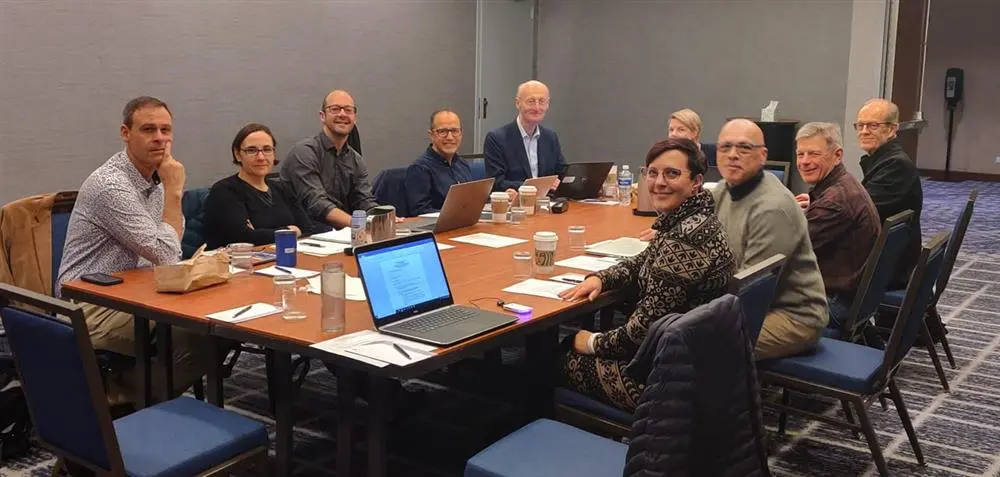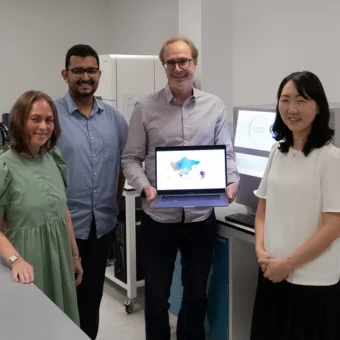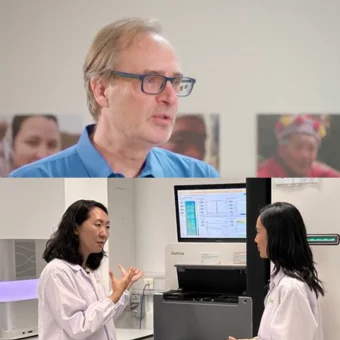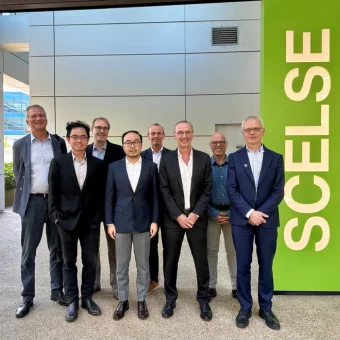A Task Force for International Biofilm Standards

- Featured
- 24 May 2020
The rise in prevalence and popularity of biofilm and microbiome technologies has underscored the need for evidence-based standards that ensure claims of performance are delivered.
To address this demand, SCELSE has joined leading international biofilm research centres in a task force to establish standards for biofilm and microbiome detection, employment and control technologies, to ensure efficacy and end-user safety.
The first meeting of the task force was held in Arlington, Virginia (USA) in February, with delegates from SCELSE, the Center for Biofilm Engineering (CBE; USA), the National Biofilms Innovation Centre (NBIC; UK), and the Singapore National Biofilm Consortium (SNBC), along with representatives from regulatory bodies and agencies from the USA and the European Union.
A broad range of sectors will benefit from the introduction of biofilm industry standards that will regulate, for instance, the production of oral probiotics to survive the passage through the gut, disinfectants to ensure efficacy against their targeted pathogens, anti-biofouling paints and coatings that ensure against microbially influenced corrosion in the maritime industry, and antimicrobials in food production and processing.
Subjecting biofilm-targeting products to scientifically established standards will help to counter unsubstantiated claims of efficacy. This will, in turn, provide highly useful benchmark tools for industries developing biofilm detection and control products.
An international task force helps to tackle the uneven field of biofilm standards, where systems and requirements currently differ across countries, while also enabling members to share their protocols, said SCELSE centre director Prof Staffan Kjelleberg, who, along with SNBC industry advisor Mr Michel Birnbaum, represented Singapore at the meeting.
The biofilm standards meeting covered the current state of regulation in the countries represented, standards that the scientific community could agree upon, the methods these standards would involve, relevance across different industries, and how biofilm standards can be rolled out across the regions of Asia, Europe and North America.
SCELSE will take on board the development of a biofilm test system for a defined multi-species biofilm community this year, said Prof Kjelleberg. This will be conducted in partnership with NBIC and CBE, and include the direct involvement of a PI from CBE who will visit SCELSE later this year, if feasible.
SNBC will also be involved in communicating the needs of various industry members and in the testing of the system.
“Biofilm standards is a universal issue for many members of the industry who are posing questions about it to the international biofilm centres,” said Prof Kjelleberg. “To have and agree on these standards is the first important step, and if we can deliver systems to show efficacy of the products, that is a great step forward.”
The taskforce meeting coincided with CBE’s annual event, Biofilm Technologies: Pathways to Product Development, where researchers, members of the industry and government bodies presented and attended talks on biofilm research and regulations.




